Current News 🗞
Worship 2 Go - Week 11 'Vulnerability'
Guest User
Rights Respecting - Article of the Week
Guest User
Annual Reports and Transition to 2020-2021
Guest User
Some of our remote learning Superstars! 🌟
Dear Parents/Carers
Annual Reports
I am pleased to tell you that over the next couple of days you will receive an email from your child’s class teacher with the annual report attached. As I have mentioned before, it is a different format to last year to reflect the significant disruption to the school year. Within the report there is a letter from Mrs. Tennant explaining the changes that we have made and the reasons why. As we are sending the reports digitally for the first time, it will mean that reports will arrive at different times as we have a number of teachers in school busy supporting children on site as well as managing remote learning.
To help protect your child’s personal data we have password protected the report with your child’s date of birth. Once you have entered the date of birth in the format DDMMYYYY (e.g. today would be 06072020) the report will open. We appreciate that there are lots of different devices being used at home and access to the internet isn’t always easy. If you need any help with accessing the report then please email us and we can check we have the correct email addresses. If absolutely necessary, we can provide a paper copy for you to collect from school. We will not be able to post them I’m afraid as this method is not secure enough for transferring personal data.
Transition
Tomorrow was scheduled to be Transition Morning where the children would get to spend some time with their next teacher ready for September. Obviously that is not possible this year which is a huge shame for the children and the teachers. We will miss it greatly, as it is always an exciting day with a real buzz around the school. I know high schools have been working with Mrs. Casey on supporting Year 6 with their next chapter and we are always here to help our children as they move on. We are looking forward to hearing how they get on in Year 7 and I know they will do us proud. The teachers will be producing resources to share with you all before September to help calm any nerves and help prepare the children for their new class. If your child is joining us in Nursery or Reception, then please take a look at this page of our website which shows you who the teachers are and what the classrooms look like. There is also a form to fill in about your child to help the transition into our school. I am sure you will agree that the videos produced for the classes returning this term were of a very high standard and I would like to thank the teachers again for their creativity and hard work.
There are very few significant changes to the staff in terms of numbers this year but there are two very significant staff leavers in terms of their influence on the school over a long period of time. You will know that Mrs. Tennant is retiring at the end of the year but this is also the case for Mrs. Reynolds. She has worked at our school for an incredible 39 years and supported so many children, families and staff along the way. Mrs. Reynolds has always provided the children, parents and staff with great reassurance and stability through her sense of humour, her honesty, her willingness to help others and her deep compassion for the welfare of the children. I know she will be greatly missed by us all and we wish her a very happy retirement.
The moment the children have been waiting for! The teaching staff for each class next year!
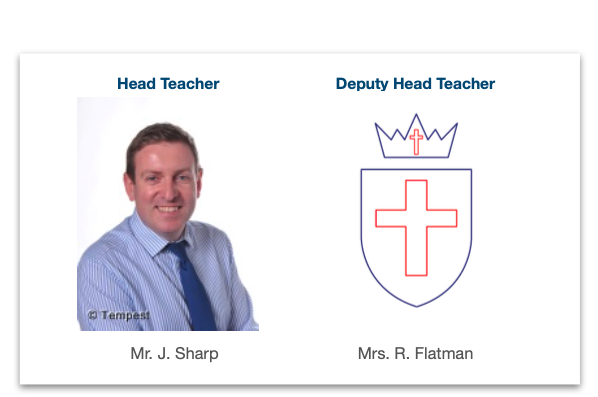
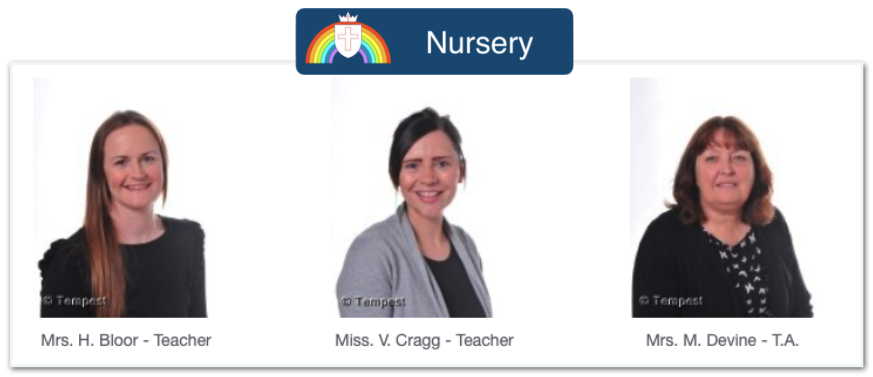
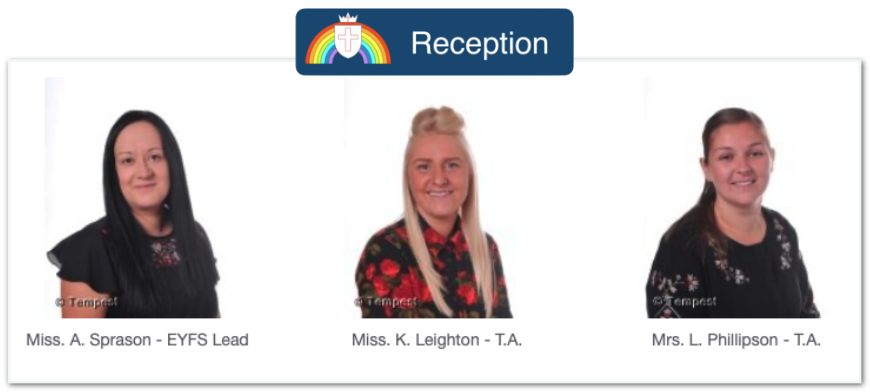
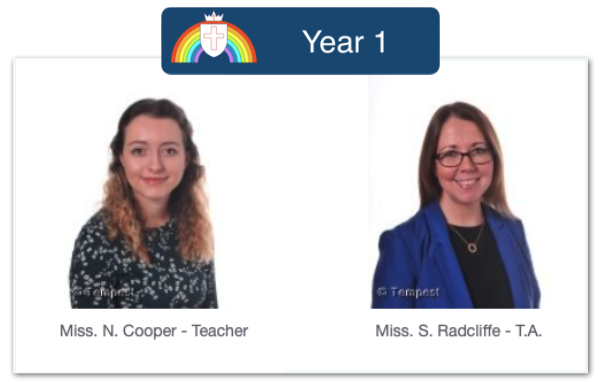
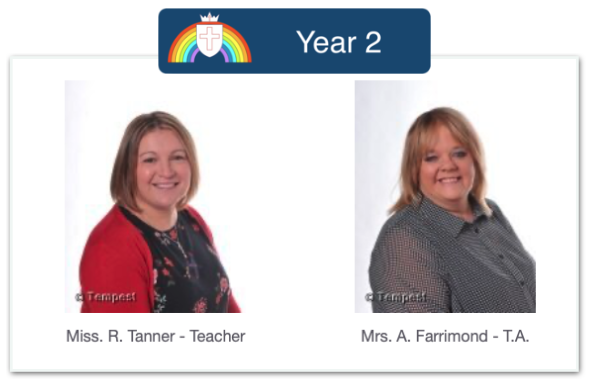
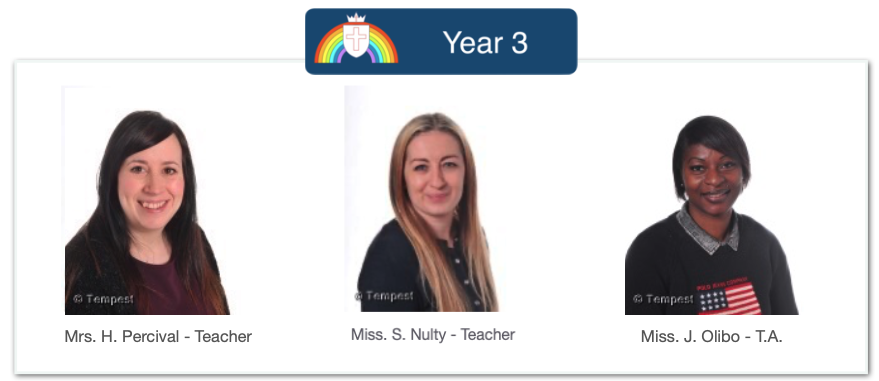
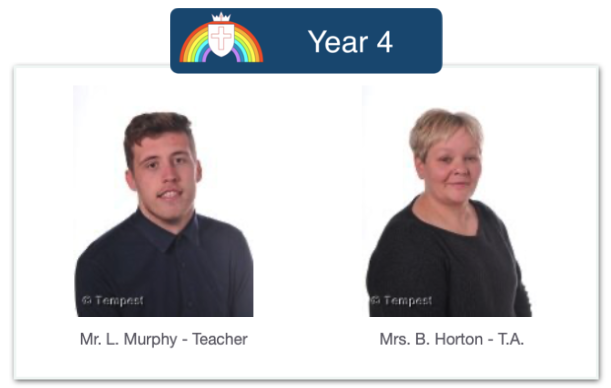
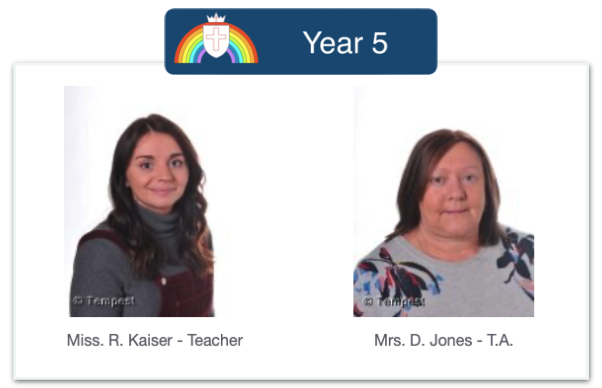
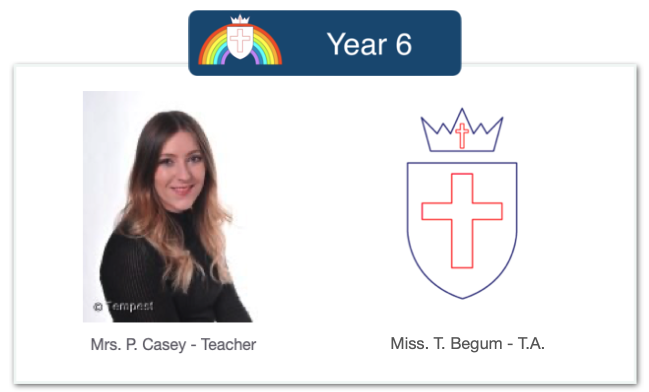
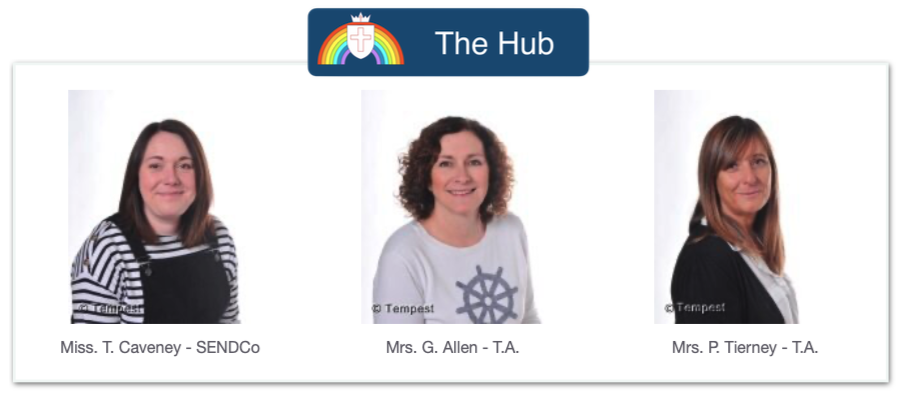
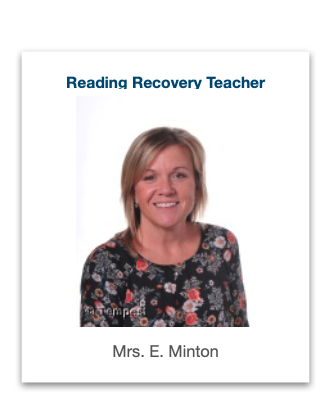
I know Mrs Flatman is excited to be joining the school as Deputy Head Teacher and it is also fantastic to welcome back Mrs. Percival after her maternity leave. Miss. Begum is joining Mrs. Casey (in person instead of virtually) in September as Teaching Assistant in Year 6 and she has already been busy working on Google Classroom this term. Given the changing times in which we are working, there may be alterations to the way staff are deployed next year but we will always keep you informed.
September
After receiving the lengthy government guidance last Thursday, we are in the process of amending our risk assessments and plans to allow for a full reopening in September if the health authorities are satisfied that COVID-19 is under control locally. The Governing Body are meeting within the next couple of days to agree the plans and next week we will be able to share them with you all. If you have any questions about these plans then please do not hesitate to get in touch with us. All plans will be posted on our COVID-19 page of the website.
I would politely ask for all families to sign up to the Arbor Parent Portal as soon as possible so that you are all able to communicate with school easily. It is crucial you sign up because there will be changes next year to communication with families, payments for meals/trips/clubs etc, parents’ afternoon sign up systems, newsletters and messages. Paper based communication will be ending, unless absolutely necessary, so that we can reduce the number of people coming into school as well as limiting the amount of paper going back and forth. We already have 40% of the families signed up and here is the link for our school’s Arbor portal for others to join. Don’t be disadvantaged by not signing up and please let us know if you need any help.
In addition to the Health and Safety plans being drawn up, we are also considering the adaptations we may need to make to teaching and learning in September so the children are happy, secure and confident about coming back to school. This length of gap in education is unprecedented, therefore we anticipate that there will be different needs to support when we return. Please be assured that we are making every effort through additional training and planning to prepare ourselves thoroughly for September and that rebuilding the positive ethos and relationships in school is our first priority.
Thank You
We know that you have all had to cope with many changes very quickly and we really do appreciate the patience and support you have shown us in this difficult time. I can’t promise that there won’t be more changes to come, but I can promise that it will always be for the benefit of the children.
Thank you for your continued support
Mr. J. Sharp
Deputy Head Teacher (Head Teacher from 1st September 2020)
Manchester to provide 'game-changing' post-lockdown summer activities for all children and young people
Guest User
After months now in lockdown, children and young people in Manchester are set to benefit from a summer-long programme of activities to help get them out and about, reconnect with their friends, and to re-build their skills.
The bespoke citywide programme of summer activities for all school-aged children and young people in the city is being put together as a 'game-changer' to help combat the effects on young people of living in isolation for the last few months.
The plan is being drawn up by the council in a bid to directly tackle the negative impact that being out of school and away from their friends is known to have had on the city's 87,000 school aged children and young people. The council is now talking to schools, youth providers and others - including parents and young people themselves - about what is needed, and is also talking to funding agencies, businesses, and other organisations about how to make these plans happen.
As well as missing out on the academic side of school - despite the great job city schools have been doing with virtual learning for their pupils - many children have also missed out on using and developing the many other skills they use every day in school.
Skills such as being physically active, team work, social skills, sharing and collaboration, listening and speaking skills, are all just as important as academic learning, but unfortunately different family circumstances will mean some children have had little chance to further develop these skills during lockdown.
There are also concerns that many children will be anxious about starting school again after the current enforced period of absence means the majority of children will have been away from school and their friends for at least five months by the start of the new academic year.
Children's individual experiences of the lockdown period too will be very different, and many may have had an extremely difficult time and will need time to talk about their thoughts and feelings. These are all skills which will need to be re-established in order for children to start learning effectively again in September and at the pace required for them to catch up.
The plans being put in place would see some school sites and other venues used across the city for a range of different activities for children from the age of 4 - 16 years of age. Although some school sites will be used, activities will be provided by youth and leisure providers and not by schools themselves.
The council is also looking at ways of addressing holiday hunger for the city's 28,000 children who are currently eligible for a free school meal, as part of the overall activities package.
Councillor Garry Bridges, Executive Member for Children and Schools, Manchester City Council, said: "There has been no level playing field for anyone during the corona crisis - much less for our children whose background circumstances are all very different.
"We are in no doubt that although all of our families have been affected by the virus in one way or another, the difficulties affecting the poorest and therefore most vulnerable of our families in Manchester will have taken even more of a toll on them.
"We can't stand by and see their health, well-being, and life chances disappear during the long summer holidays whilst those who can - who have the cash - emerge from lockdown and head straight for the luggage rack, picking up their pre-lockdown lives exactly where they left off.
"We want our summer programme to be a game-changer: to make an immediate and real difference to this generation of children and young people who - through no fault of their own - have had their lives put on hold for the last few months. It's important that we recognise how difficult this has been for them, and imperative that we act now to reverse the impact it has had."
What parents and carers need to know about early years providers, schools and colleges in the autumn term
Guest User
This guidance is for parents and carers of children at:
registered nurseries and childminders (this includes nurseries, childminders, pre-schools, playgroups and maintained nursery schools)
primary and secondary schools (including independent schools, maintained schools, academies, free schools, infant schools, junior schools and middle schools)
further education colleges1
Welcoming children and young people back to school and college
It is the government’s plan that all children and young people, in all year groups, will return to school and college full time from the beginning of the autumn term.
The prevalence of coronavirus (COVID-19) has decreased since schools and colleges restricted their opening to most pupils in March, the NHS Test and Trace system is up and running and we understand more about the measures that need to be in place to create safer environments in schools. As a result, the government has asked schools and colleges to plan for all children and young people to return from the start of the new academic year.
The scientific evidence shows that coronavirus (COVID-19) presents a much lower risk to children than adults of becoming severely ill, and there is no evidence that children transmit the disease any more than adults. Of course, there will still be risks while coronavirus (COVID-19) remains in the community, and that is why schools and colleges will be asked to put in place a range of protective measures.
In order to effectively manage the risks that remain, things will be a bit different when children and young people return to school and college for the new academic year. This guidance sets out some of the changes and protective measures the government is asking schools and colleges to put in place and what parents, carers, children and young people will need to do to help ensure schools and colleges are as safe as possible for everyone.
Parents of children with special educational needs and disabilities (SEND) should also refer to the separate guidance for full opening of special schools and other specialist settings.
Your child’s school or college will be able to give you more information about the specific measures they have put in place.
Children returning to nurseries, childminders and other early years providers
Children attending nurseries and childminders were able to return from 1 June, and from 20 July early years providers can return to their usual practice without limiting group sizes. This is due to the fact that the prevalence of the virus has fallen, the NHS Test and Trace system is up and running, and the scientific evidence shows that coronavirus (COVID-19) presents a much lower risk to children than adults. In addition, early years settings are on average much smaller than schools, allowing a less restrictive approach to mixing than in schools. Beyond this change to groups, early years providers will be following the same protective measures as schools. Read more about these protective measures in the actions for schools during the coronavirus outbreak guidance. This includes cleaning hands more often, enhanced cleaning of frequently touched surfaces and ensuring good respiratory hygiene, as well as ensuring that anyone with symptoms themselves or in their household does not attend.
Attendance in nurseries, childminders and other early years providers remains optional, but we strongly encourage you to take up a place for your child. You can check if your child is eligible for any of the free childcare entitlements, worth on average £2,500 a year to parents of 2 year olds, and up to £5,000 a year to parents of 3 and 4 year olds, on the Childcare Choices website.
Nurseries and childminders are wonderful places for children to learn and have fun with friends, which supports their development and their overall wellbeing. Attending childcare can be an exciting and joyful experience for children and can also help provide a routine as they develop their social skills. Early years education is an important stage for children where they can flourish and get the best start in life.
School and college attendance
It is vital that children and young people return to school and college - for their educational progress, for their wellbeing, and for their wider development. School and college attendance will again be mandatory from the beginning of the new academic year. For parents and carers of children of compulsory school age, this means that the legal duty on you as a parent to send your child to school regularly will apply.
A small number of pupils will still be unable to attend in line with public health advice because they are self-isolating and have had symptoms or a positive test result themselves, or because they are a close contact of someone who has coronavirus (COVID-19). If your child is unable to attend school or college for this reason, you should talk to your school or college about what support is in place in terms of remote education.
Shielding advice for all adults and children will pause on 1 August, subject to a continued decline in the rates of community transmission of coronavirus (COVID-19). This means, that the small number of pupils who will remain on the shielded patient list can also return to school, as can those who have family members who are shielding. See the guidance on shielding and protecting people defined on medical grounds as extremely vulnerable for the current advice.
Some pupils no longer required to shield but who generally remain under the care of a specialist health professional may need to discuss their care with their health professional before returning to school in September (usually at their next planned clinical appointment).
Where children are not able to attend school as parents are following clinical and/or public health advice, the absence will not be penalised.
If you have concerns about your child returning to school or college, because you consider they may have other risk factors, you should discuss with your school or college the measures they are putting in place to reduce risks in line with government guidance.
Many families will want to take a holiday over the summer period, which may involve travelling abroad. As ever, parents should plan their holidays within school and college holidays and avoid seeking permission to take their children out of school during term time.
Ultimately, local authorities and schools have a range of legal powers to enforce attendance if a child or young person misses school without a valid reason.
There is not a corresponding legal duty for post-16 education. However, if a young person fails to attend, their college may believe that they have left the course. This could result in your local authority getting in touch to support your child to find an alternative course or education provider.
How everyone can help make schools and colleges as safe as possible
Each school or college will do their own health and safety risk assessment as part of their planning for the autumn term and the return of all pupils.
As part of this, there are certain approaches that the government has asked schools and colleges to implement which are essential to reduce health risks. Parents and carers can support this by:
ensuring that anyone who has coronavirus (COVID-19) symptoms, or has someone in their household who does, does not attend school or college - this means if your child, or someone in your household, has symptoms you should not send them to school or college
engaging with the NHS Test and Trace process so that cases can be identified and action taken - this means if your child develops symptoms, you should arrange for them to get a test and you should inform your school or college of the results of that test
Alongside this, the government is asking schools and colleges to ensure they are:
managing confirmed cases of coronavirus (COVID-19) in the school or college, in line with current public health guidance - this means your child may be asked to self-isolate for 14 days by their school or college (based on advice from their local health protection teams) if they have been in close, face-to-face contact with someone who has tested positive for the virus
ensuring everyone at the school or college cleans their hands more often than usual, including when they arrive at school or college, when they return from breaks, and before and after eating - this can be done with soap and running water or hand sanitiser
ensuring good respiratory hygiene, by promoting the ‘catch it, bin it, kill it’ approach
enhanced cleaning, including cleaning frequently touched surfaces more often
minimising contact and maintaining distance, as far as possible - schools and colleges will decide how best to do this, as it will be different for each setting, but in broad terms, it will involve asking children to stay within specified separate groups (or bubbles), and through maintaining distance between individuals. The government’s guidance to schools recognises that younger children may not be able to maintain social distancing so it is likely that for younger children the emphasis will be on separating groups, and for older children, it will be on distancing.
It will be really important that parents help schools and colleges to implement these approaches by following the advice set out here and wider public health advice and guidance.
Arriving and leaving school or college
Some schools or colleges may need to stagger or adjust start and finish times as this helps keep groups apart on the way to and from school or college, and as they arrive and leave the premises. If schools or colleges choose to do this it will not reduce the amount of time they spend teaching - but it could be that start or finish times are adjusted for your child. In such instances, schools or colleges will liaise with any school transport or other providers, as necessary.
Your school or college will be in touch to set out any changes it is making. This might also include new processes for drop off and collection.
Where possible, children and young people are encouraged to avoid public transport, particularly at peak times, and to walk or cycle to school or college.
Where your child relies on public transport to get to school or college, and cannot walk or cycle, the safer travel guidance for passengers will apply.
Where your child uses dedicated school or college transport (that is transport that does not cater for the general public), the guidance for public transport will not apply. Your child may be asked to use a regular seating plan on this transport (to reflect where possible the bubbles that are used within school), and measures will be put in place to ensure vehicles are cleaned regularly and boarding is managed.
Face coverings are required at all times on public transport (for children over the age of 11). Where necessary, they may also be appropriate on dedicated school or college transport too (for example, if children are likely to come into very close contact with others outside their year group or who they do not normally meet). If your child has been wearing a face covering before arriving at school or college, it will be important that they understand how to remove it. The government has asked schools to have a process for ensuring face coverings are removed when pupils and staff who use them arrive at school and this should be clearly communicated.
Children and young people must wash their hands immediately on arrival at school or college, dispose of any temporary face coverings they may have been wearing in a covered bin, or place reusable face coverings in a plastic bag they can take home with them, and then wash their hands again before heading to their classroom.
Public Health England does not recommend the use of face coverings in schools. They are not required in schools as pupils and staff are mixing in consistent groups, and because misuse may inadvertently increase the risk of transmission.
Curriculum, exams and inspection
Curriculum
The government has set out clear expectations on what schools are expected to teach when pupils return in September. Schools will continue to provide an ambitious and broad curriculum in all subjects.
There may need to be changes to some subjects - such as PE and music - to ensure they can be delivered as safely as possible.
Schools and colleges will also make plans for the provision of remote education where needed, to ensure that the small number of children and young people that need to be educated at home, for example, due to shielding or self-isolation, are given the support they need to continue learning.
The government has already announced a package worth £1 billion to ensure that schools have the resources they need to help primary and secondary pupils make up for lost teaching time, with extra support for those who need it most.
The government has also set out expectations that we expect colleges to return to full high-quality study programmes in the new academic year.
Assessment and exams
We recognise that children and young people will have missed a critical period of their learning due to lockdown in the 2019 to 2020 academic year. It is vital that we better understand the impact of coronavirus (COVID-19) on children nationally and can give support to schools that need it the most. The government is, therefore, planning on the basis that statutory primary assessments (for those going into year 6 in September) will take place in summer 2021.
Following the cancellation of summer 2020 exams (GCSEs, A levels and technical qualifications), the exam boards will be providing students who were due to sit exams this year with calculated grades.
In most cases, students will use the grades they receive in the summer to move onto their next step. The government has also announced that there will be an opportunity for students to sit exams in the autumn if they are unhappy with their grades.
For those pupils going into year 11 and year 13 from September, the government is planning on the basis that GCSEs and A levels will take place in summer 2021, with some adaptations, including to help pupils catch up.
Inspection
The government has also confirmed that in the autumn term, Ofsted inspectors will visit a sample of schools to discuss how they are supporting pupils back into school. These visits will not result in a graded judgement for the school.
It is intended that routine Ofsted inspections will restart from January 2021, so that parents can have the information and assurances they need and rely on, with the exact timing being kept under review.
What else you need to know
Behaviour
Schools and colleges may need to update their behaviour policies to ensure they reflect any new rules or approaches that are needed from the autumn term. Your school or college will communicate these changes to you as pupils and parents.
Uniform
It is up to schools to decide their own uniform policy. Some schools may have relaxed their uniform policy while only certain groups of pupils were attending before the summer holidays.
We are, however, encouraging all schools to return to their usual uniform policies in the autumn term. Uniforms do not need to be cleaned any more often than usual, or in any different way to normal due to coronavirus (COVID-19).
School food
School and college kitchens should be fully open from the start of the autumn term, and they will provide free school meals and universal infant free school meals as usual for those who are eligible.
School trips
In the autumn term, schools and colleges can resume educational day trips, in line with the latest public health guidance and wider guidance for schools on the actions they can take to reduce risks.
Extra-curricular activities
Schools will be permitted to run breakfast and after-school activities. Schools will need to make sure these can be delivered in line with the wider guidance on protective measures, so they may need to run things differently and adapt over time.
You should talk to your child’s school about whether or not they will be able to run breakfast and after-school activities immediately.
Out-of-school settings - such as holiday or after-school clubs - can open to children and young people of all ages. It remains important that they put protective measures in place to help reduce the risk of transmission.
In order to minimise risks, you should consider sending your child to the same setting consistently and limit the number of different providers you access. Where you choose to use childcare providers or out-of-school activities for your children, you will want to assure yourself that the providers are carefully considering their own protective measures, and only use those providers that can demonstrate this. There is advice available for parents on the use of these clubs and activities.
Process in the event of outbreaks
If a school or college experiences an outbreak, either because they have 2 or more confirmed cases of coronavirus (COVID-19) among pupils or staff in their setting within 14 days, or they see an increase in pupil or staff absence rates due to suspected or confirmed cases of coronavirus (COVID-19), they will need to contact their local health protection team. This team will advise if additional action is required, though the closure of the whole school or college will generally not be necessary.
Where an outbreak in a school is confirmed, a mobile testing unit may be dispatched to test others who may have been in contact with the person who has tested positive. Testing will first focus on the person’s class, followed by their year group, then the whole school, if necessary.
If your local area sees a spike in infection rates that is resulting in localised community spread, decisions will be made on what measures to implement to help contain the spread. The government will be involved in decisions and will support individual schools and colleges to follow the health advice.
In all cases, where groups of pupils need to self-isolate or where a larger restriction of attendance at school or college is needed, your child’s school or college should seek to ensure children and young people’s education can continue remotely.
For the purpose of this guidance references to colleges comprises: sixth form colleges, general further education colleges, independent training providers, designated institutions, adult community learning providers and special post-16 institutions. ↩








